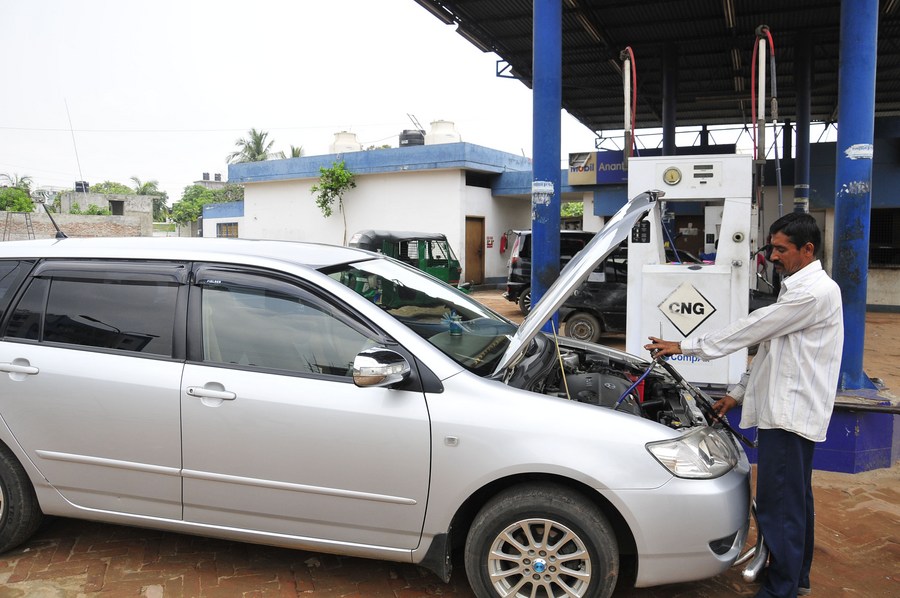Organ also Adopts Text Commemorating Anniversary of Permanent Arbitration Court
The General Assembly today adopted two resolutions — including one on entry into force of a previously adopted agreement on the oceans and conservation of biodiversity — while rejecting an amendment proposed by the Russian Federation that would have deleted three critical paragraphs of the text.
The representative of Singapore introduced the draft titled “Agreement under the United Nations Convention on the Law of the Sea on the Conservation and Sustainable Use of Marine Biological Diversity of Areas beyond National Jurisdiction” (document A/77/L.82). The draft resolution is essentially procedural, he recalled, pertaining to eventual operationalization and implementation of the Agreement adopted at the Biodiversity Beyond National Jurisdiction Intergovernmental Conference — the culmination of nearly two decades of work — and “commended and widely celebrated by members of the international community” as a major milestone in ocean governance. Calling on all Member States to support it as it has been tabled, he stressed that his delegation would vote in favour and against all proposed amendments in document A/77/L.83 as they seek to delete important elements and are at odds with what the resolution seeks to achieve.
However, before the vote on that text, the representative of the Russian Federation introduced the amendment titled “Agreement under the United Nations Convention on the Law of the Sea on the Conservation and Sustainable Use of Marine Biological Diversity of Areas beyond National Jurisdiction” (document A/77/L.83), which proposed to delete operative paragraphs 1, 5 and 6. He said that despite viewing the Agreement as “totally unacceptable”, and distancing itself from consensus in the adoption of the resolution, his delegation had shown unprecedented flexibility. While being presented as a purely technical text, the draft contained numerous elements of a political nature, considering supplementing the agenda item “oceans and the law of the sea” by a sub-item on this new Agreement, which was “completely unacceptable”. The amendment, he stressed, has only one purpose: to exclude from the draft the aforementioned politicized elements and return it to a mainly technical domain.
In the ensuing debate, a number of delegates stressed the importance of “L.82” to developing States, especially those dependent on the oceans for their economies and those especially vulnerable to climate change, while soundly rejecting the amendment.
The representative of Belize, speaking on behalf of the Caribbean Community (CARICOM), pointing to “a true victory for multilateralism”, said all negotiating parties arrived at a satisfactory outcome which led to the consensus adoption of the new marine biodiversity treaty in June 2023. “It is not a perfect document,” he stressed, but “it is a win for oceans and biodiversity”. He completely rejected the amendment and unequivocally supported the resolution. The delegate of Seychelles stressed that the special circumstances of small island developing States must be acknowledged and understood as hurdles to their ability to implement the treaty, especially since they are biodiversity hotspots that carry a high conservation burden. Small island developing States, least developed countries and the Global South must have equitable representation in forthcoming committees, he stressed.
Echoing those sentiments, Palau’s delegate, speaking for the Pacific small island developing States, said the draft resolution represented an important step in turning the Agreement into reality. He voiced disappointment that an amendment was proposed to delete such elements and indicated his delegation will vote against it. Samoa’s representative, speaking for the Alliance of Small Island States, expressed concern over the potential impact that activities in areas beyond national jurisdiction will have on territorial waters, extended continental shelves and exclusive economic zones that are critical for development. The text adopted was an accurate reflection of common landing zones reached after a decade of comprehensive negotiations, she stated.
The representative of Spain, speaking for the European Union in its capacity as observer, noted the Agreement marked a historic achievement, providing a legal framework for all activities on the oceans and seas. Adoption of the resolution shows that the international order “comes up with the goods when it’s most important”, he stressed, and the Union has committed €40 million for the speedy application of the Agreement.
The Assembly first rejected the amendment “L.83” by a recorded vote of 119 against to 4 in favour (Belarus, Nicaragua, Russian Federation, Syria), with 24 abstentions.
The Assembly then adopted resolution “L.82” by a recorded vote of 150 in favour to 2 against (Russian Federation, Syria), with no abstentions. By its terms, the Assembly requested the Secretary-General to make proposals in the context of the proposed programme budget for 2024 in order to strengthen the capacity of the Division for Ocean Affairs and the Law of the Sea of the Office of Legal Affairs of the Secretariat to promote a better understanding of the Agreement and to prepare for its entry into force. It further called upon all States and regional economic integration organizations to consider signing and ratifying, approving or accepting the Agreement at the earliest possible date.
In explanation of vote, Colombia’s delegate, also speaking on behalf of Argentina, Brazil, Chile, Costa Rica, Ecuador, El Salvador, Guatemala, Honduras, Mexico, Dominican Republic, Paraguay, Peru and Uruguay — the Latin American Core Group — stressed that the most difficult phase is just beginning. She called on Member States to ensure that the process until the Agreement’s entry into force is inclusive and as simple as possible and sets out a clear path towards States’ ratification.
The representative of Venezuela noted his delegation had joined the consensus allowing adoption of the Agreement without a vote. However, its position on “L.82” should not be interpreted as a modification of its traditional position regarding the United Nations Convention on the Law of the Sea, to which it is not a party, and not bound by such rules.
The Assembly then turned to the draft resolution “Commemoration of the 125th anniversary of the Permanent Court of Arbitration” (document A/77/L.90). The representative of Philippines, also speaking for a core group of countries including Australia, Egypt, Guatemala, Hungary and Thailand, introduced the text, recalling that the Court has evolved into a robust modern international dispute settlement institution with one of the heaviest caseloads of all international courts. The draft resolution reaffirms the shared mission between the Court and the United Nations in the maintenance of international peace and security, the peaceful settlement of international disputes and the progressive development of international law. Further, it recalls the Assembly’s invitation for the Court to participate in its sessions and work in the capacity of observer, and recognizes the Court’s important contribution to the peaceful settlement of disputes.
The Assembly then adopted the resolution “L.90” by consensus. By its terms, it welcomed the 125th anniversary of the establishment of the Permanent Court of Arbitration and encouraged Member States to make use of its services in arbitration, conciliation, mediation, commissions of inquiry and other peaceful means of dispute resolution. Further, it requested the Secretary-General to bring the present resolution to the attention of Member States, the organizations of the United Nations system and all relevant stakeholders.










